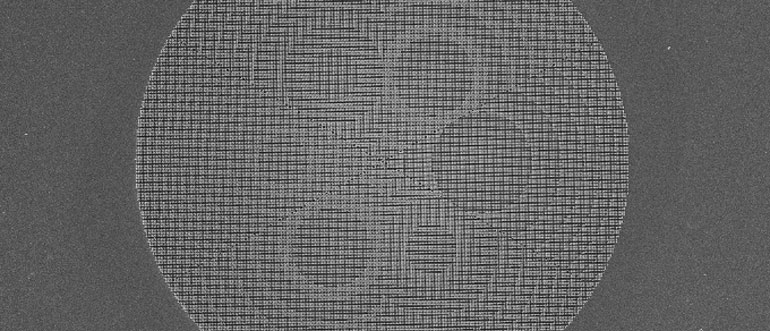This program has a possible flexible start and length.
Preferred student profile
We are looking for motivated Master students with backgrounds and interests in electromagnetic simulations with commercial software (e. g. Comsol, FDTD or similar software), nanofabrication (e. g. thin-film deposition, electron-beam lithography), and/or optical characterization (e. g. optical spectroscopy, fluorescence microscopy).
Description
The capability of manipulating the polarization of light is of vital importance in fundamental sciences and practical applications. However, polarization control is usually achieved with rather bulky components relying on the accumulative phase retardation between orthogonal electric field components using birefringence, thereby limiting the possibilities of densely integrating photonic systems. In the contrary, metasurfaces provide an opportunity to manipulate the polarization within a subwavelength level, resulting in a set of flat polarization optics for integrated optics.
This program will focus on simulating and optimizing metasurface structures capable of manipulating the phase and polarization of light using COMSOL or FDTD. Optimized structures will then be fabricated using electron beam lithography and the resulting structures will be characterized using e.g. scanning electron microscope, ellipsometry and home-built setups. Moreover, emphasis will be put into combining achievable functionalities to establish metasurfaces that not only work as wave plates but also as beam splitters or focusing lenses. The students will gain hands-on experience working in state-of-the-art research laboratories within an interdisciplinary oriented team of dedicated researchers.
Projects will either relate to ongoing research projects, be extension of an earlier project of promising results, or an independent project aimed at opening a new research area of high potential. The research project will be built in close collaboration with the relevant supervisor.
